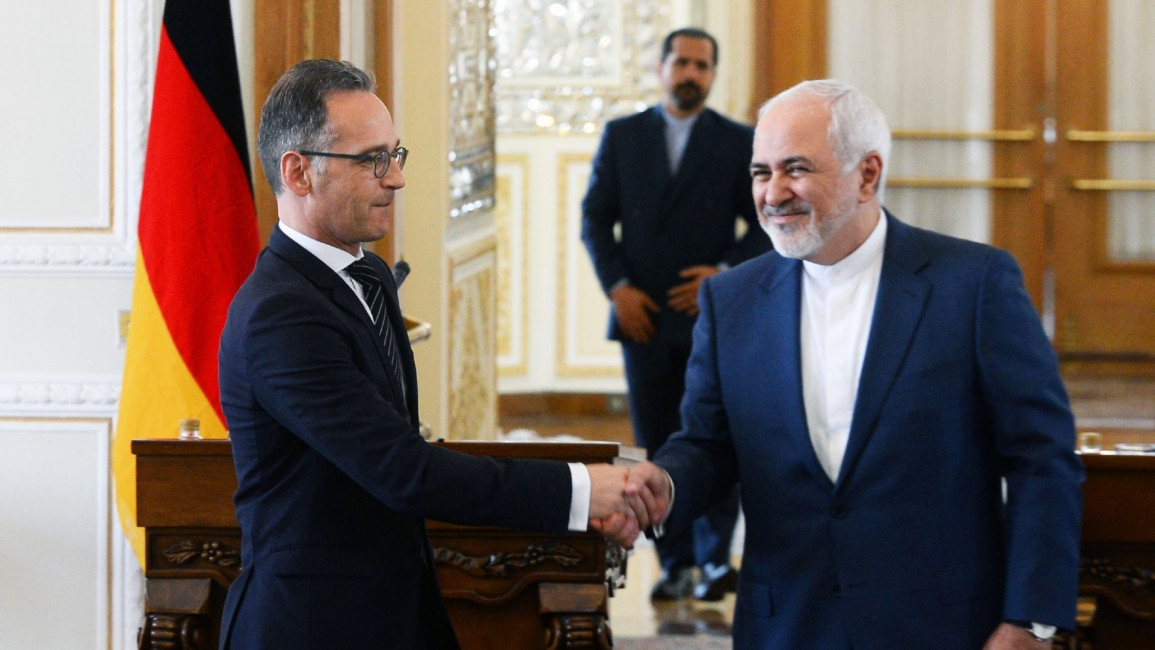Iran calls US killing of General Soleimani ‘miscalculated’
The US killed Soleimani, the chief commander of Iran’s elite Revolutionary Guards Corps (IRGC) in a drone strike on 3 January as he was leaving Baghdad's airport, alleging he was planning attacks on Americans.
Speaking to a group of reporters on the sidelines of the Munich Security Conference, Iranian Foreign Minister Javad Zarif said "the US miscalculated," noting that since the killing, thousands of Iraqis have taken to the streets to protest against the presence of foreign troops in the country.
In the immediate aftermath of the attack, in which Iraqi militia commander Abu Mahdi al-Muhandis was also killed, a group of Iraqi lawmakers also passed a non-binding resolution to oust US troops and since then, the issue of American troops has monopolised Iraqi politics.
Comment: US and Iran should stop holding Iraq's political sovereignty hostage
"The martyr Soleimani is much more effective than General Soleimani," Zarif said. "We are seeing that in terms of demonstrations that are taking place in Iraq against the US presence."
Zarif is expected to meet on the sidelines of the conference with German Foreign Minister Heiko Maas to talk about ongoing European efforts to preserve the nuclear deal with Iran.
The deal provides Iran economic incentives in exchange for curbs on its nuclear programme in an effort to prevent it from obtaining a nuclear bomb — something Iran insists it is not planning. Since US President Donald Trump pulled Washington unilaterally out of the deal in 2018 and re-imposed sanctions, Iran's economy has been struggling.
Twitter Post
|
In an effort to pressure the other signatories to the deal — Germany, France, Britain, Russia and China — to provide economic incentives to offset the American sanctions, Iran has slowly been violating the deal's restrictions on its nuclear program.
The US has been pressuring other members of the deal to pull out as well, but Maas told the forum that Germany rejected the US tactic of "maximum pressure" on Iran.
"We are sticking firmly to our course in the Middle East, and that is de-escalation instead of maximum pressure," he said.
Zarif reiterated Iran's stance that all of its moves to ramp-up its nuclear programme in the past few months are reversible, “providing that Europe takes steps that are meaningful.”
Follow us on Twitter and Instagram to stay connected



